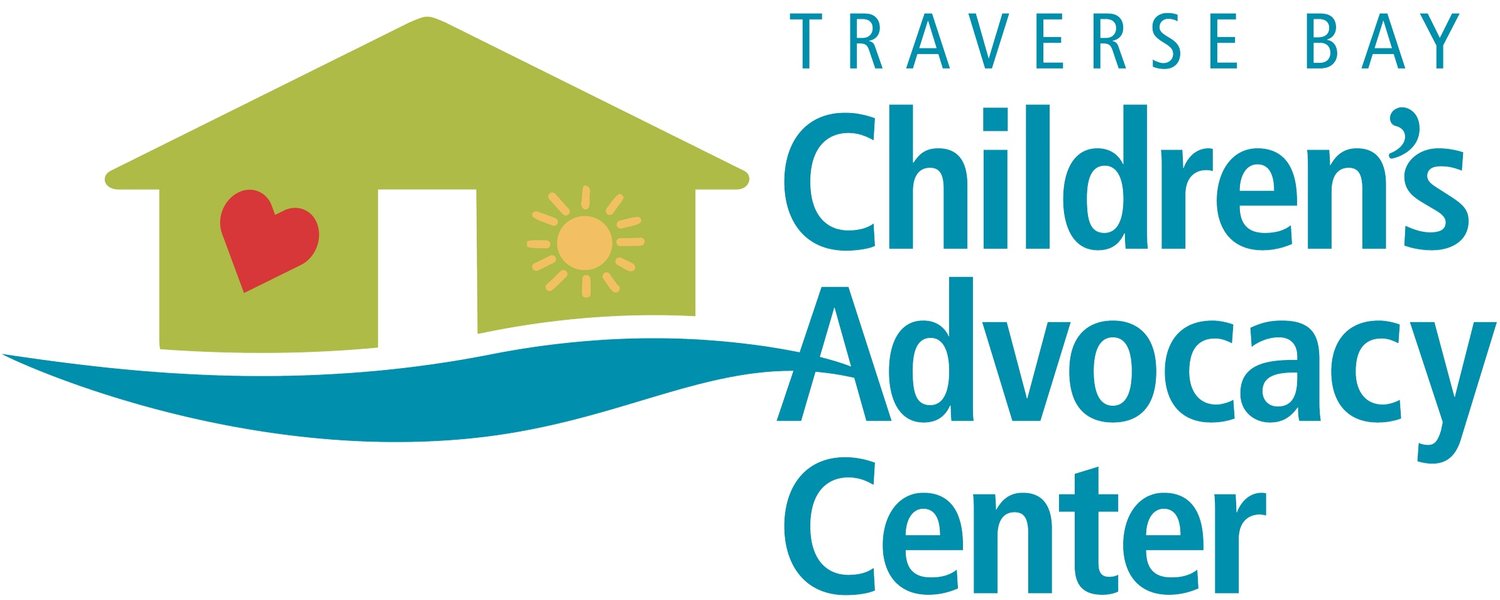Teens: 13-18 Years Old
Responsibility increases for teenagers. They might begin driving, working, and caring for younger siblings. Children at this stage are becoming more independent and more responsible. For many people, the teenage years mark the transition from childhood to adulthood. It is important to remember that teenagers are still children. Express expectations and boundaries so they can make informed and safe decisions on their own.
Set expectations with teenagers. Enforce expectations with curfews, visitors, and who they visit. Include teens in the conversation when those decisions get made. The rules will seem more fair if teens feel they are a part of the rule-defining process. They also become more aware of the expectations they have set for themselves.
Continue to talk with teenagers about their bodies and boundaries. Let them know that no one should ever touch them in a way that makes them feel uncomfortable. This includes:
parents/caretakers
teachers
coaches
romantic partners
tutors
Reassure teens that they can always talk to you if they have a concern. You always have time to talk.
Develop open communication with teenagers. Create opportunities to speak up about something that is bothering them. Find time every day to ask about school, friends, feelings, and concerns. Be an engaged and active listener. Kids, even very young kids, can tell whether you’re listening.
Tips for Active Listening:
Pay attention to your body language
Maintain eye contact throughout the conversation
Turn off external distractions, like the TV or your phone
Show that you’re following along with a murmur and a nod
Wait until the speaker has finished talking before you respond or ask questions
Teenagers may enter into serious, romantic relationships. These relationships may lead to some intense feelings and emotions. Encourage teens to express these feelings in healthy and productive ways to you and to their partner.
Continue to model healthy and productive communication at home. It’s important that you use your own experience as an example and model for navigating relationships in safe and healthy ways. They may not admit it, but teenagers still look up to adults.

